
A handy guide to types of sunscreens: Hybrid, physical, and chemical
With the rise in global warming, we are increasingly exposed to harmful sun rays. Hence, an apt suncare routine must be integrated into your daily skincare regime to protect your skin from UV rays. However, there are many types of skin which have different requirements. Based on this skin variation, three different types of sunscreen are available. The mineral or physical, chemical, and hybrid sunscreen. But how do you choose the best one for you? Scroll below to get a comprehensive idea about them and how to choose a sunscreen for your skin.
What are the various types of sunscreen?
Your skin is different from the one sitting next to you; hence, generalising the choice of sunscreen is not advisable. The benefit of applying this is to arrest premature ageing, skin cancer, skin burns, etc. Hence, if your sunscreen does not serve these purposes or gives rise to other skin issues, its whole objective gets reduced. Hence, we will provide you with the types of sunscreen you can choose from.
-
Physical/Mineral
The main active ingredients of physical sunscreens are zinc oxide and titanium dioxide. These minerals present enable it to shield the skin from harmful rays like UVA and UVB; hence, they are considered 'broad spectrum sunscreens.' The components here deflect the sun's heat and energy to protect your skin.
Since it has a thick consistency, you do not need to layer any other skin products before applying it. The ability of sunscreen is activated once it is absorbed into the skin. Hence, giving it time before stepping out of the house would be best.
-
Hybrid
The combination of physical and chemical sunscreen properties constitutes the hybrid Sunscreen's features. They are both broad-spectrum and have light and airy product consistency. This product can absorb and convert the rays and shield the skin from UVA and UVB. They are the most convenient variant among the different types of sunscreen. One of the best options in this category is The Pink Foundry’s Dewy Hydrating Hybrid Sunscreen. Hence, using the hybrid sunscreen will help you maximise the benefits of the other two mentioned above.
-
Chemical
The components in chemical sunscreen are avobenzone, octinoxate, homosalate, oxybenzone, and others. The ingredients combine to absorb the UV rays and transform them into heat before releasing them. This conversion protects the skin from being adversely affected by the harmful rays.
Most chemical sunscreens are not broad-spectrum, so they do not protect you from UVA and UVB rays since they penetrate the skin. They are light and airy, and it takes almost 20 minutes to begin their action after application.
How to pick the right type of sunscreen?
Every type of skin comes with its own set of limitations. Some might not endure the chemical composition, whereas the thick consistency might inhibit skin health. Hence, you and your friend don't need to use the same variant. You must choose the best type of sunscreen based on your skin's specifications. Listed below are the different types of skin and, accordingly, the best-suited sunscreens.
-
Dry skin
The basic necessity for this type of skin is hydration. Hence, physical sunscreen is the best option for this kind of skin. It contains various hydrating components like hyaluronic acid, glycerine, ceramide, etc. Hence, this will help nourish and protect the skin from UV rays.
Also read: 10 Causes For Dry Skin On Face
-
Oily skin
The over-activeness of the sebaceous glands results in oily skin. Hence, it is best to avoid oil-based sunscreen that may add to the sebum percentage. One of the best options is the Mineral Matte Tinted Sunscreen enriched with the goodness of Shea butter and cucumber. This does not clog the skin's pores, favouring oily skin.
-
Sensitive skin
Irritability, rashes, itching, etc., can be identified as this type of skin. Hence, physical sunscreens are the best option. This variant of the sunscreen consists of various hydrating elements that help soothe the skin. Also, unlike its chemical variant, they shield the sun rays from penetrating the skin. Hence, the chances of agitating the skin are reduced considerably.
-
Acne-prone
If you have an acne problem, using mineral or hybrid sunscreen is the best option. The titanium dioxide present inhibits the clogging of pores, and zinc oxide has anti-inflammatory properties that help reduce cellular inflammation. Hence, using these sunscreens will protect the skin and help you deal efficiently with acne.
Also read: What Is Acne Prone Skin? Causes, Symptoms, And How To Take Care Of Acne Prone Skin
-
Combination skin
If you have an oily T-zone and dry cheeks, it combines dry and oily skin. Hence, you can use all three kinds of sunscreen. The physical variant's oil properties will help hydrate the dry skin. On the other hand, the breathable chemical sunscreen will enable effective handling of the T-areas.
Alos read:
Conclusion
Sunscreen is a must for everyone stepping out of the house. Unlike in the older days, the sun's rays in the present era are far more harmful and dangerous due to ozone depletion. Hence, you are advised to select the best type of sunscreen and integrate it within your skincare regime.
FAQs:
-
What is the minimum SPF content?
Your sunscreen must have a SPF of at least 30
-
How to apply Chemical Sunscreen?
You can layer the product with a moisturiser or a foundation for the best results
-
How do you apply it on the skin around the eyes?
Sunscreen sticks are the best option for treating the dry skin around the eyes.
-
How often do we need to re-apply?
You need to redo it after every 3 hours for the best protection
-
What is the best way to put sunscreen?
Use the two-finger rule to spread out the product evenly.

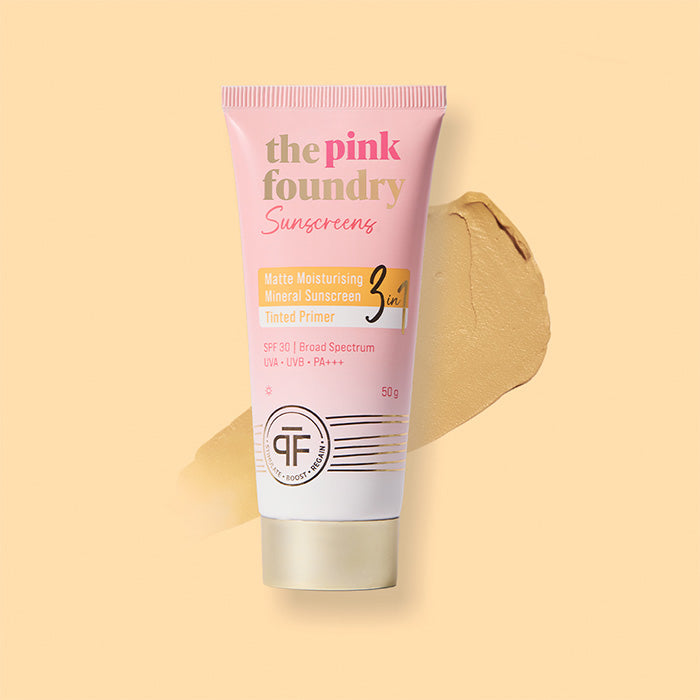





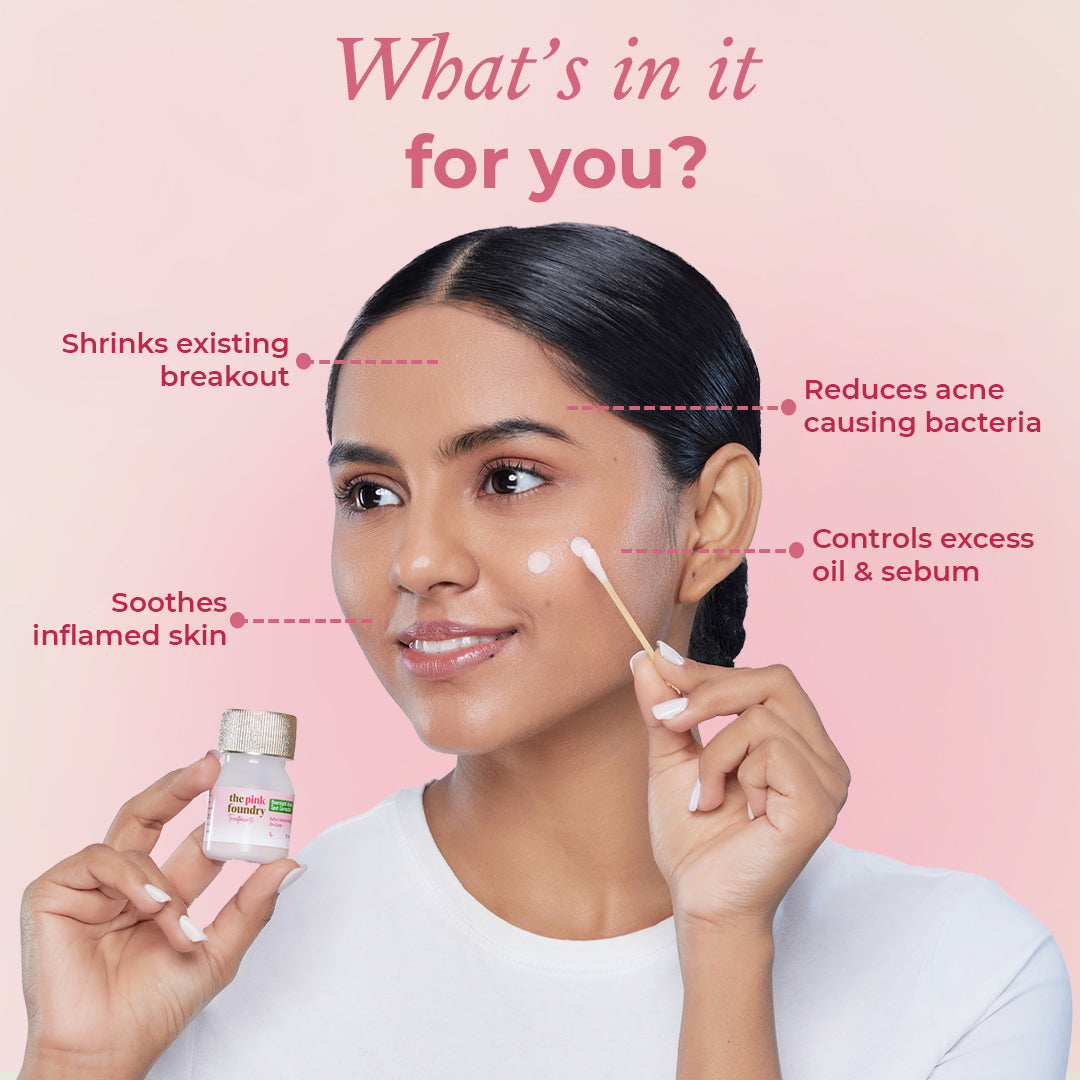
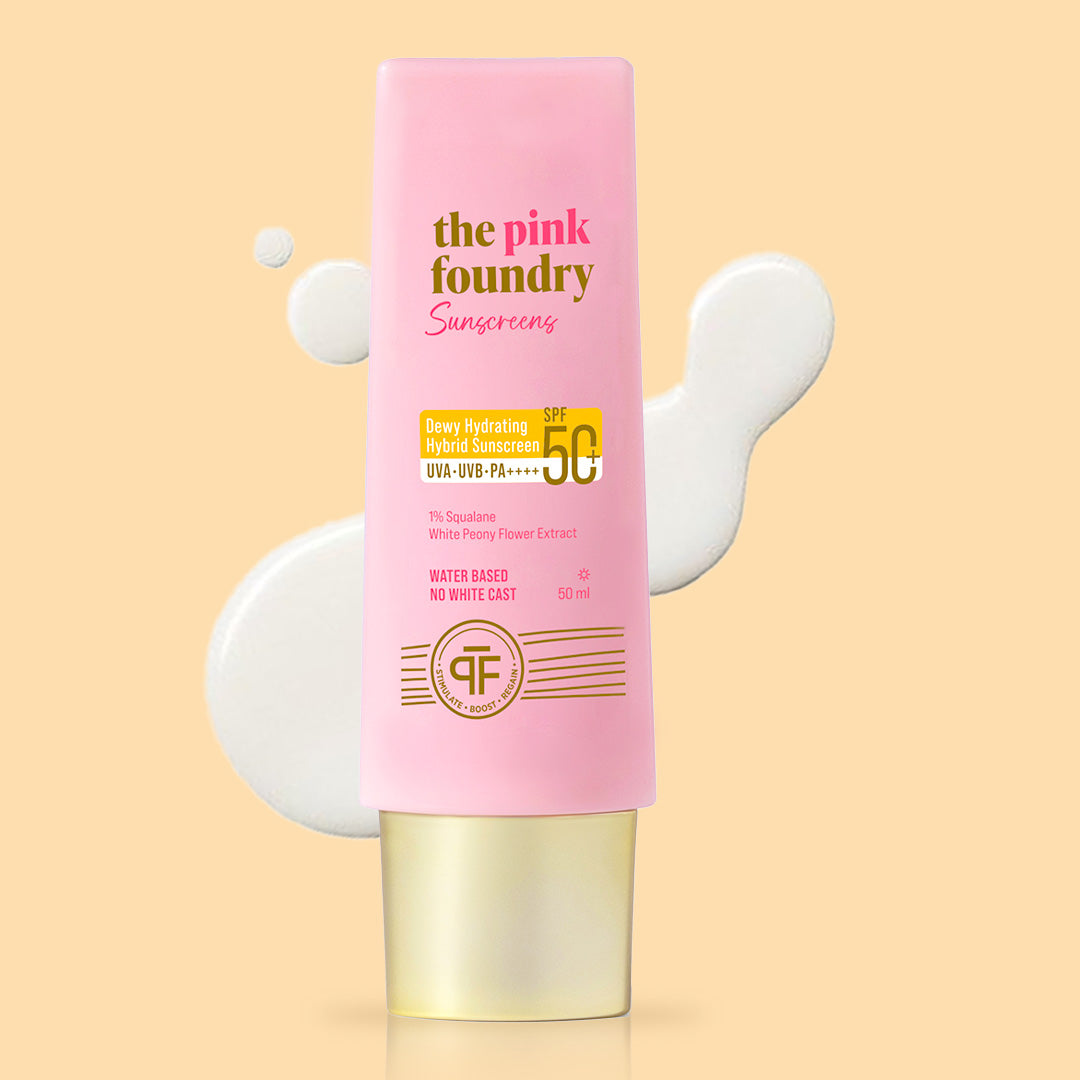
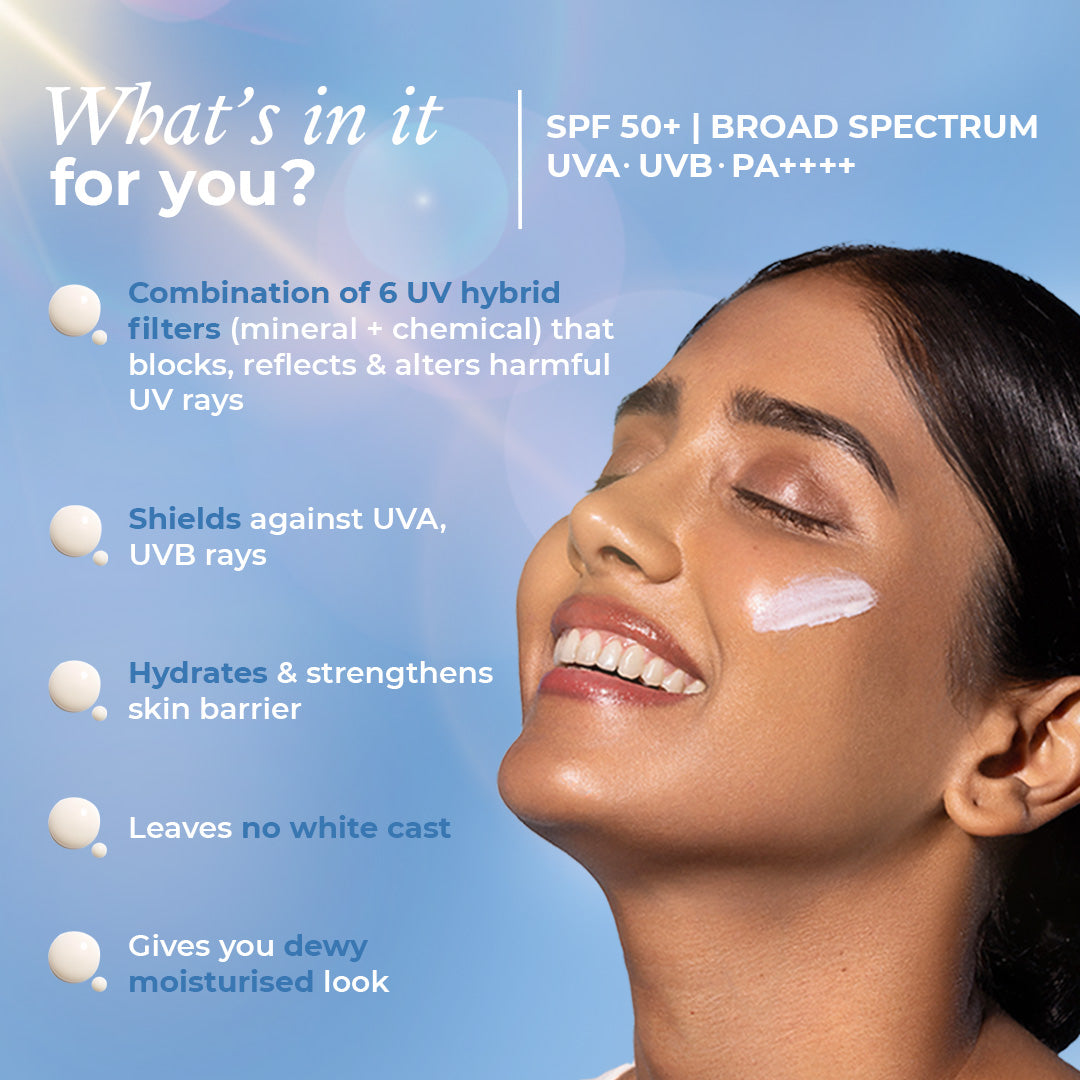


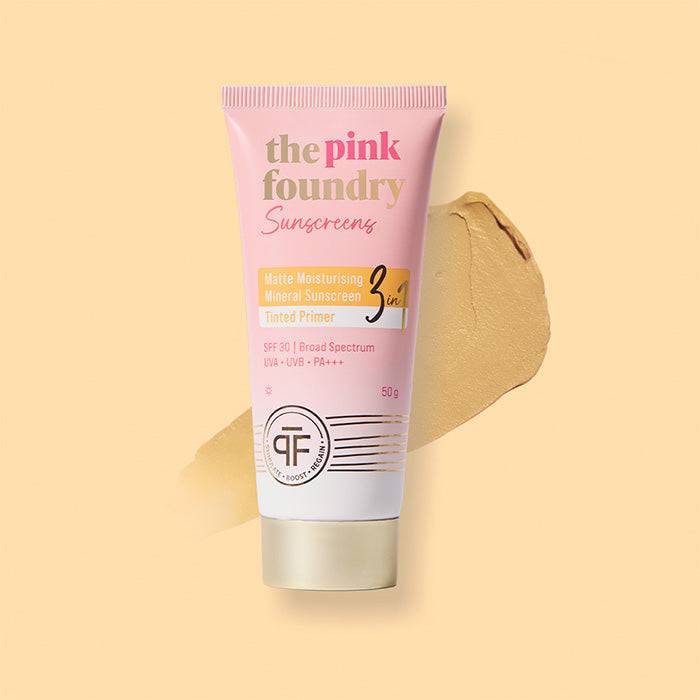
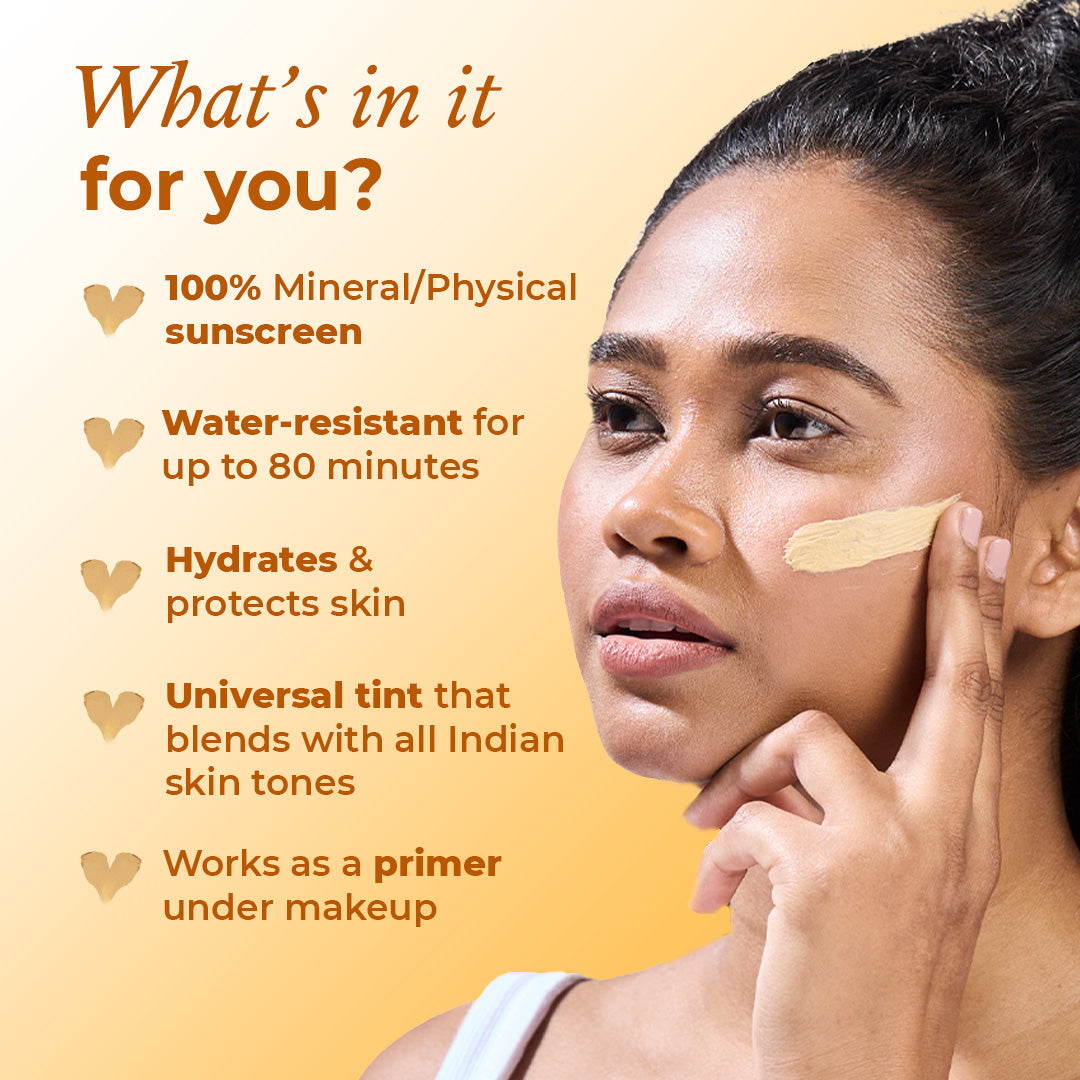



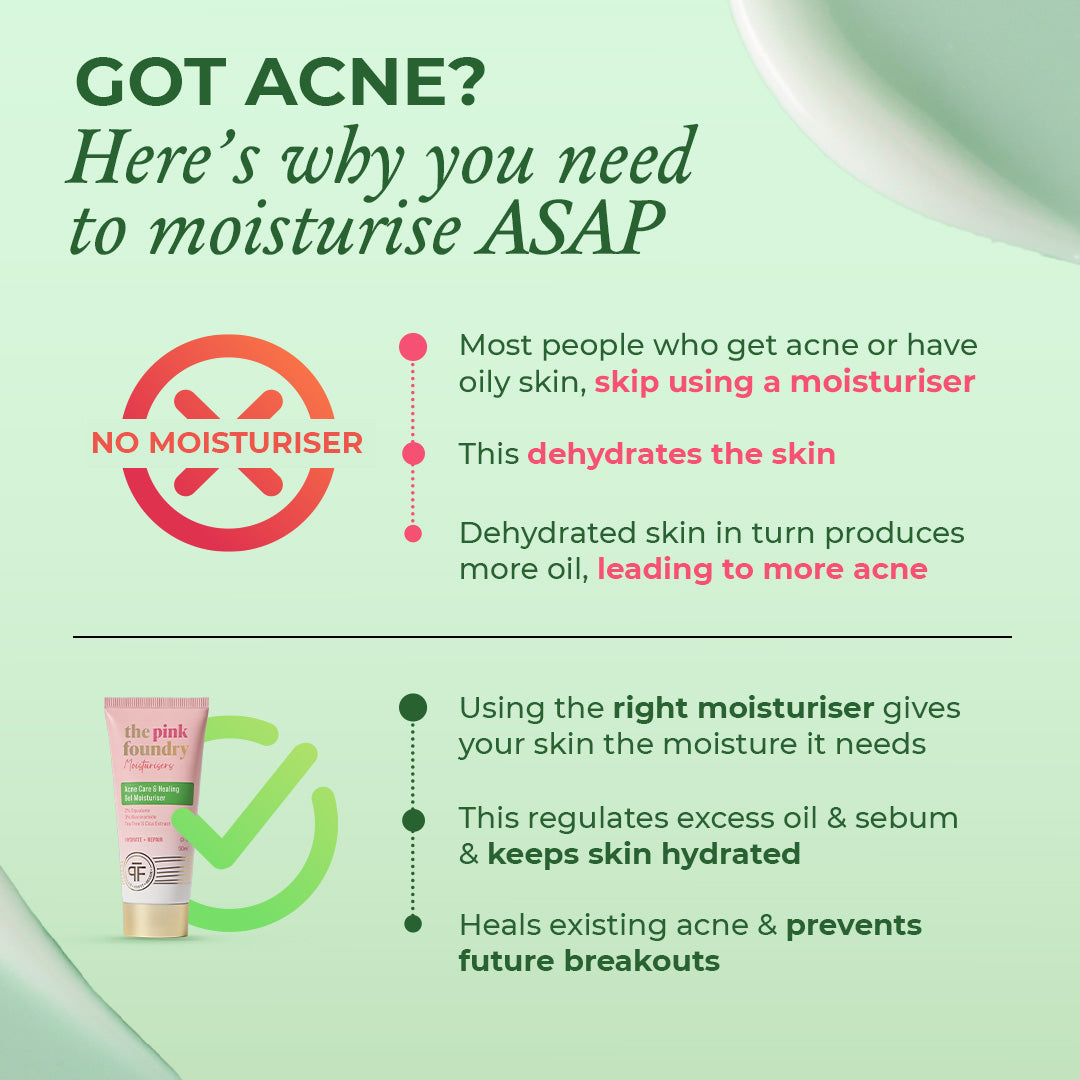
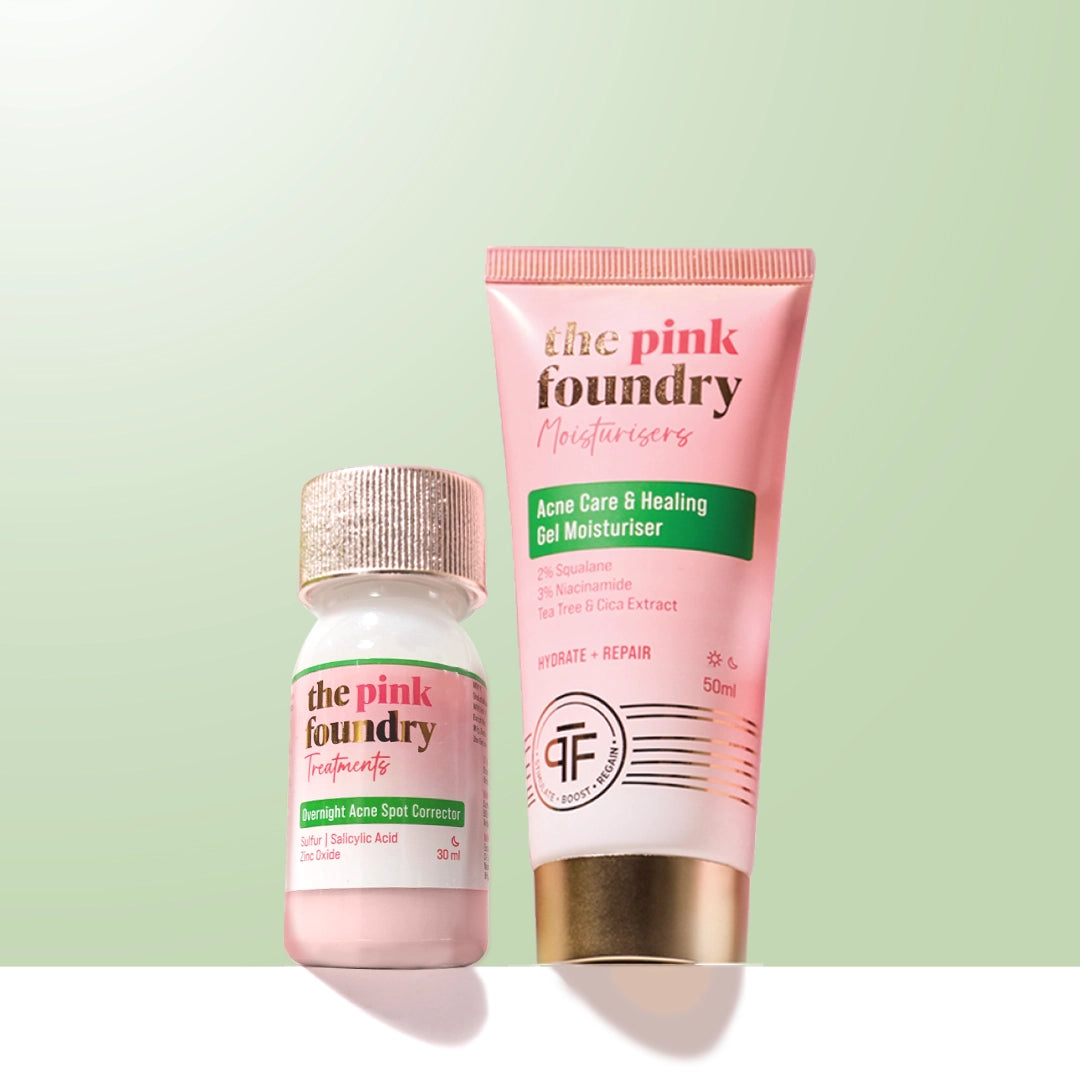
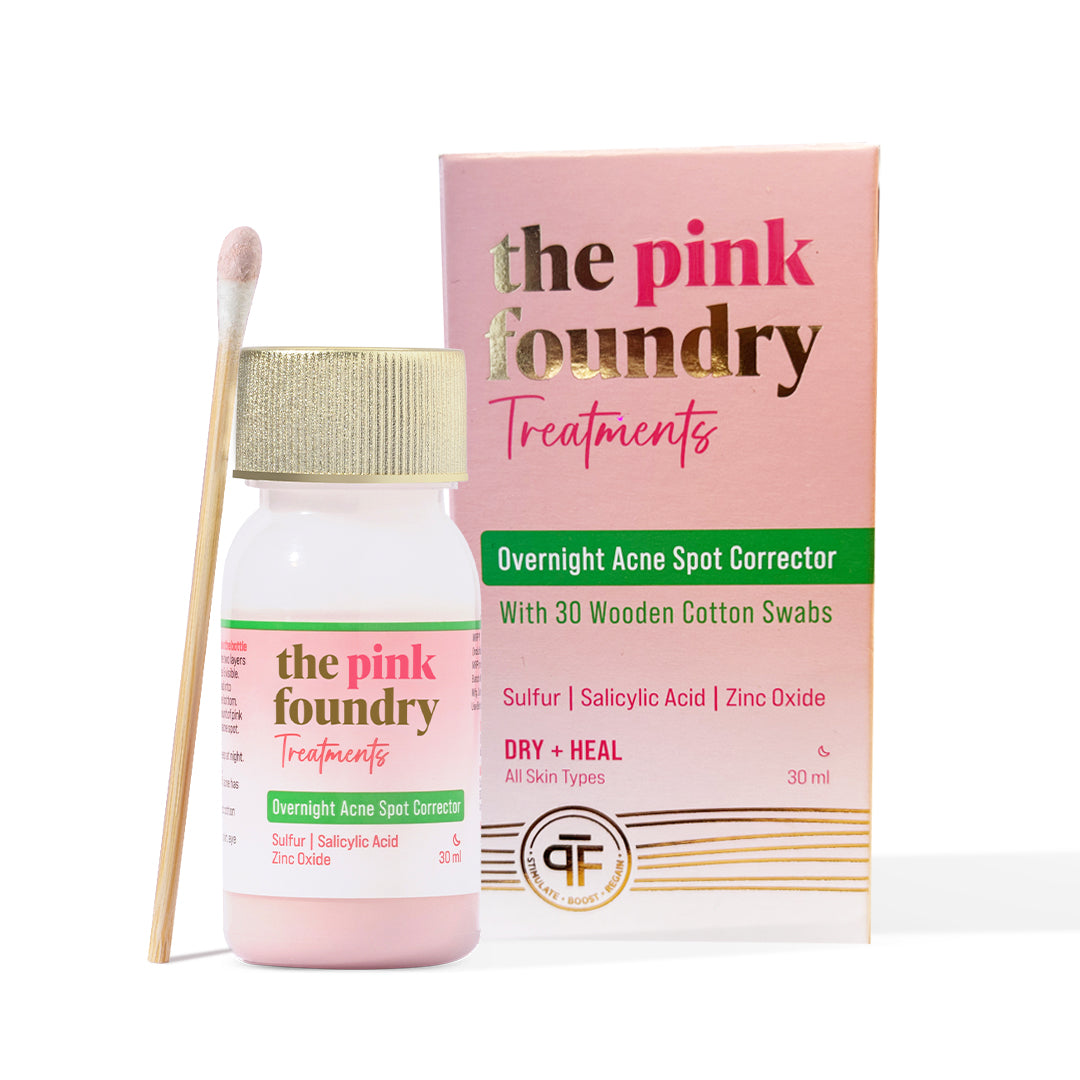
Leave a comment
This site is protected by hCaptcha and the hCaptcha Privacy Policy and Terms of Service apply.